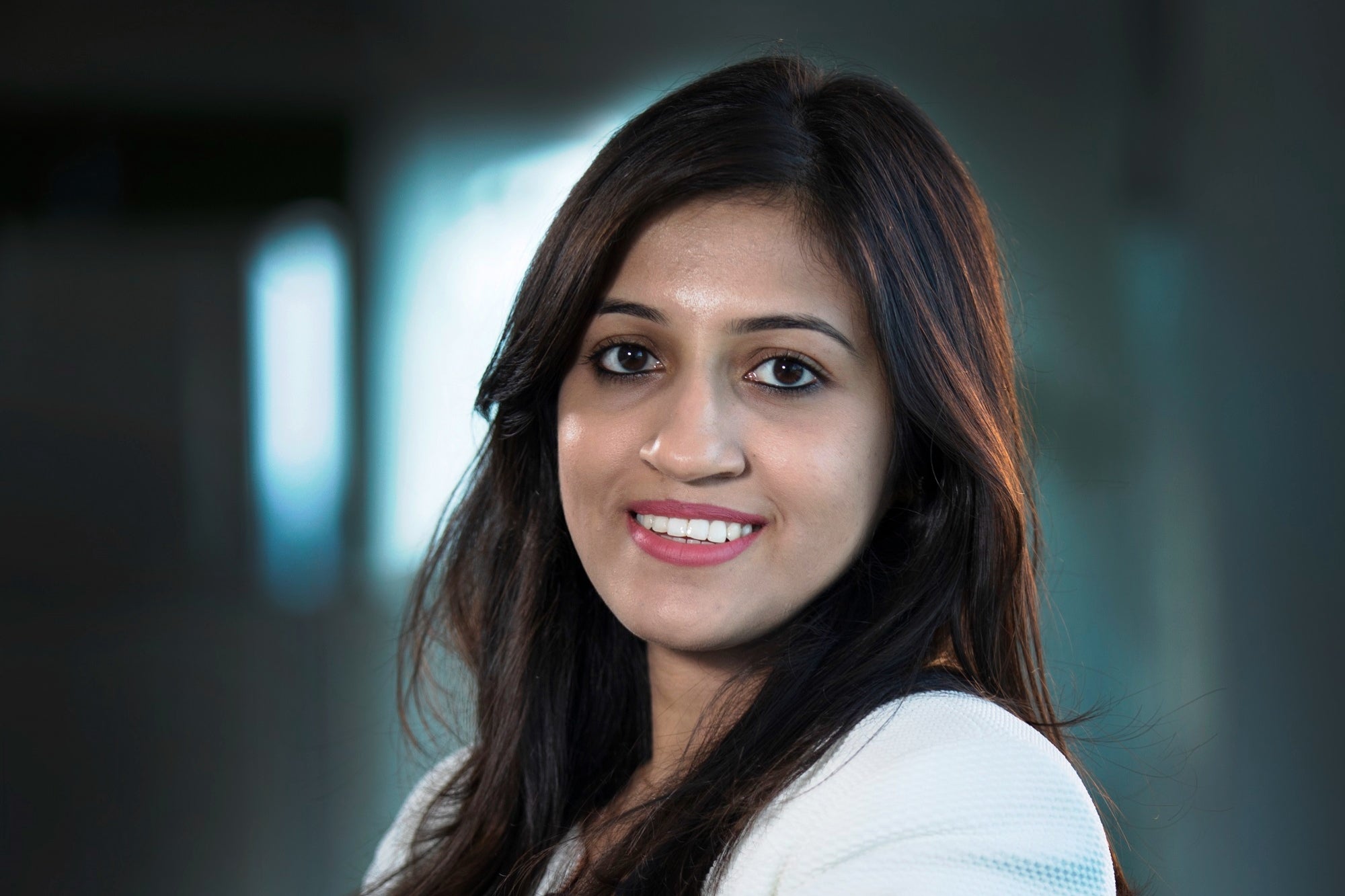Entrepreneurs
Empowering Minds: The Trailblazing Journey of Edtech Visionary Divya Gokulnath

In the vibrant landscape of educational technology, Divya Gokulnath has emerged as a driving force behind the success of Byju’s, contributing to its meteoric rise in the ever-evolving edtech sector. As the co-founder of Byju’s, Divya, alongside her husband Byju Raveendran, has played a pivotal role in reshaping the educational landscape in India. Divya Gokulnath’s journey in the realm of edtech reflects a deep-rooted commitment to educational excellence. With a vision to transform the way students learn and make quality education accessible to all, Divya co-founded Byju’s—an educational platform that has become synonymous with innovative and effective learning solutions.
The recent buzz surrounding Byju’s potential acquisition of Doubtnut underscores Divya’s strategic vision for the company. Doubtnut, known for its unique approach to solving math queries through step-by-step video solutions, aligns seamlessly with Byju’s commitment to providing comprehensive and engaging learning experiences. The rumored all-cash deal valued at $100 million demonstrates Byju’s commitment to further enriching its educational offerings. Byju’s, under the leadership of Divya Gokulnath and Byju Raveendran, has witnessed unparalleled growth. The platform has welcomed 25 million new free users since March, marking a significant surge in its user base. The total number of users has now reached 70 million, with 4.5 million paying subscribers—constituting nearly 30 percent of India’s school-going children.
Investors have shown unwavering confidence in Byju’s, with approximately $1 billion poured into the company in 2020 alone. This surge in investments has catapulted Byju’s valuation from $7.8 billion in January to around $11 billion in June, establishing it as a major player in the global edtech arena. The COVID-19 pandemic has served as a catalyst for the edtech sector, propelling online learning into the mainstream. Byju’s, with its user-friendly platform and adaptive learning modules, quickly became an integral part of mainstream education. Divya Gokulnath acknowledges the transformative impact of the pandemic on edtech, stating that it has brought online learning to the forefront of educational methodologies.
While the edtech sector has experienced exponential growth during the pandemic, questions arise about its sustainability post-COVID-19. Divya Gokulnath, aware of the challenges ahead, emphasizes that edtech is not a fleeting trend. The sector’s robust drivers, including the pursuit of education as a path to prosperity, technology bridging accessibility gaps, and rising incomes fostering demand for quality education, position it for sustained growth. Edtech stands out from previous tech boom sectors like foodtech and hyperlocal services due to its robust unit economics. With gross margins ranging from 60 to 80 percent, edtech companies benefit from high average revenue per user (ARPU). For Byju’s and other players like it, the ARPU ranges from ₹50,000 to ₹2 lakh, providing a solid foundation for sustainable growth.
Moreover, the edtech market in India remains largely untapped, with RedSeer’s Abhishek Gupta noting that penetration for paid K-12 online learning is just about 2 percent. The vast potential coupled with attractive unit economics positions the sector for continued expansion.
As schools reopen and professionals return to the office, concerns arise about a potential dip in edtech growth. Divya Gokulnath acknowledges the likelihood of a slowdown but underscores that edtech is here to stay. The focus on product improvement, strong sales, and marketing efforts during the pandemic will play a crucial role in retaining users and sustaining growth. Despite frothy valuations and increased competition in the edtech space, industry experts believe that edtech is poised to become increasingly mainstream. Sajith Pai of Blume Ventures compares edtech to what ecommerce is to China, emphasizing its transformative impact on the educational landscape in India.
